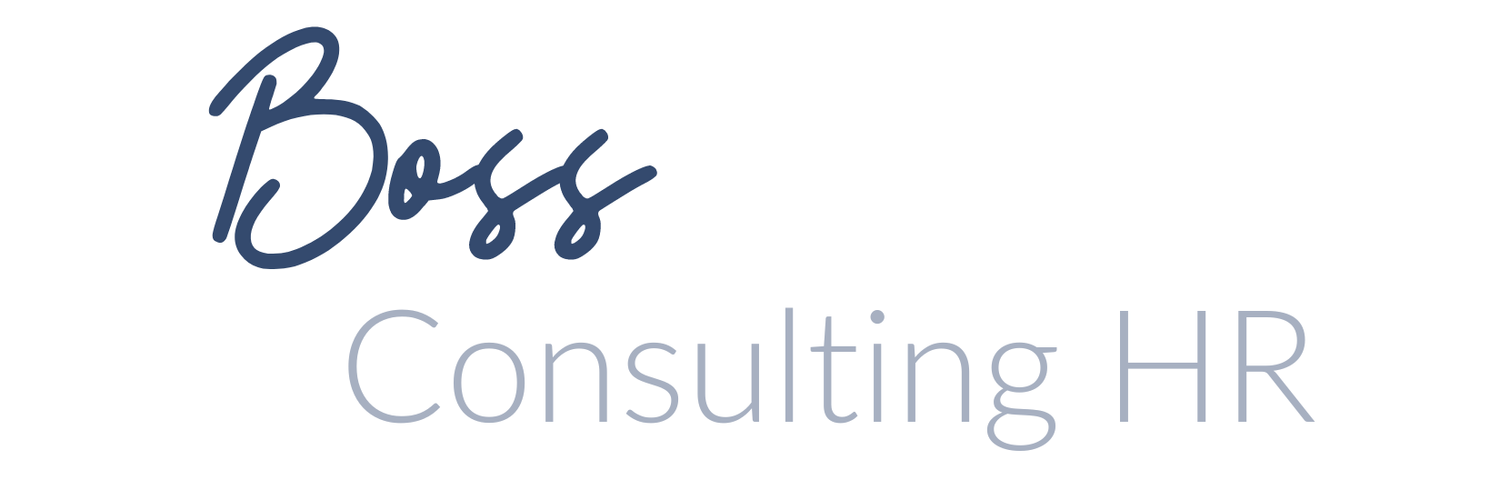BCHR Compliance Update October (and September) 2023
Yes, we skipped September, not because nothing happened but just….stuff. You can catch the September and October 2023 updates below.
White House Doesn’t Like AI
The White House released an executive order meant to tackle the rapidly expanded world of Artificial Intelligence, think like expanding foam, but TECHNOLOGY! The order isn’t a law but it gives guidance and direction to Federal Agencies to take action, agencies like our friends at the EEOC and the NLRB. The overarching themes include:
Job Preservation - The DOL is tasked with coming up with a plan to prevent job elimination as AI technology is introduced.
Job Discrimination - AI continues to test the concept of Adverse Impact and the DOL is tasked with formal guidance on the use of AI in hiring and other areas like the surveillance of employees.
The bottom line, AI isn’t going away but will continue to be regulated and ridiculed in relation to the employee experience and employee rights.
New I-9, Who’s This?
USCIS finally released the new version of the form I-9 and gave employers a grace period to phase out the use of the old version and implement the new one. As of November 1st, all employers should be utilizing the new version for new hires. No - you do not need your active workforce that has already been authorized to complete a new one. Get the latest version here.
Me + You = Joint Employer
The NLRB just expanded the definition of “joint employer” which will have a particular impact on franchised businesses. The board issued a statement noting that “an entity may be considered a joint employer of a group of employees if each entity has an employment relationship with the employees and they share or codetermine one or more of the employees’ essential terms and conditions of employment.” These terms and conditions include:
Wages, benefits, and other compensation;
Hours of work and scheduling;
Assignment of duties to be performed;
Supervision of the performance of duties;
Work rules and directions governing the manner means, and methods of the performance of duties and the grounds for discipline;
Tenure of employment, including hiring and discharge;
Working conditions related to the safety and health of employees.
Prior to this update, the primary determination of a joint employer situation was the level of control over the terms and conditions of employment. Now the NLRB just looks at whether sharing is caring.
EEOC Releases Workplace Harassment Prevention Guidelines
Sometimes it’s nice to get these guides from the agencies that regulate employment, it’s like a little gift of clarity that has been needed for decades. The guidance which has yet to be finalized, offers a more concise definition of workplace harassment, and liability issues and provides real-world examples of conduct that can and can not be considered harassment. The comment period closes on November 1st.
Massachusetts Gets Onboard with Wage Transparency Laws
Massachusetts is moving closer and closer to the wage transparency laws that Connecticut and Rhode Island passed recently. The Frances Perkins Workplace Equity Act. This bill would require the disclosure of a pay range for any job being offered or posted by an employer. Employees would be allowed to request the pay range for their current position. Employers would be required to include in a job posting a pay range they reasonably expect to use for the position offered. The bill would cover employers with at least 25 employees and would cover agents of the employer, like recruiters. The bill has passed the House and Senate.
RI Employers Can Be Criminally Charged for Wage and Hour Violations
Beginning January 1, 2024, Rhode Island employers can face criminal liability charges for certain wage and hour violations. The “Wage Theft” amendment to the Rhode Island Payment of Wages Act states that employers who “knowingly and willfully” fail to pay wages of more than $1,500 may be criminally charged with a felony. Now’s a good time to audit your pay practices.
Keep an Eye On….
Earned wage access (EWA) a.k.a “on-demand pay” is growing in popularity…

